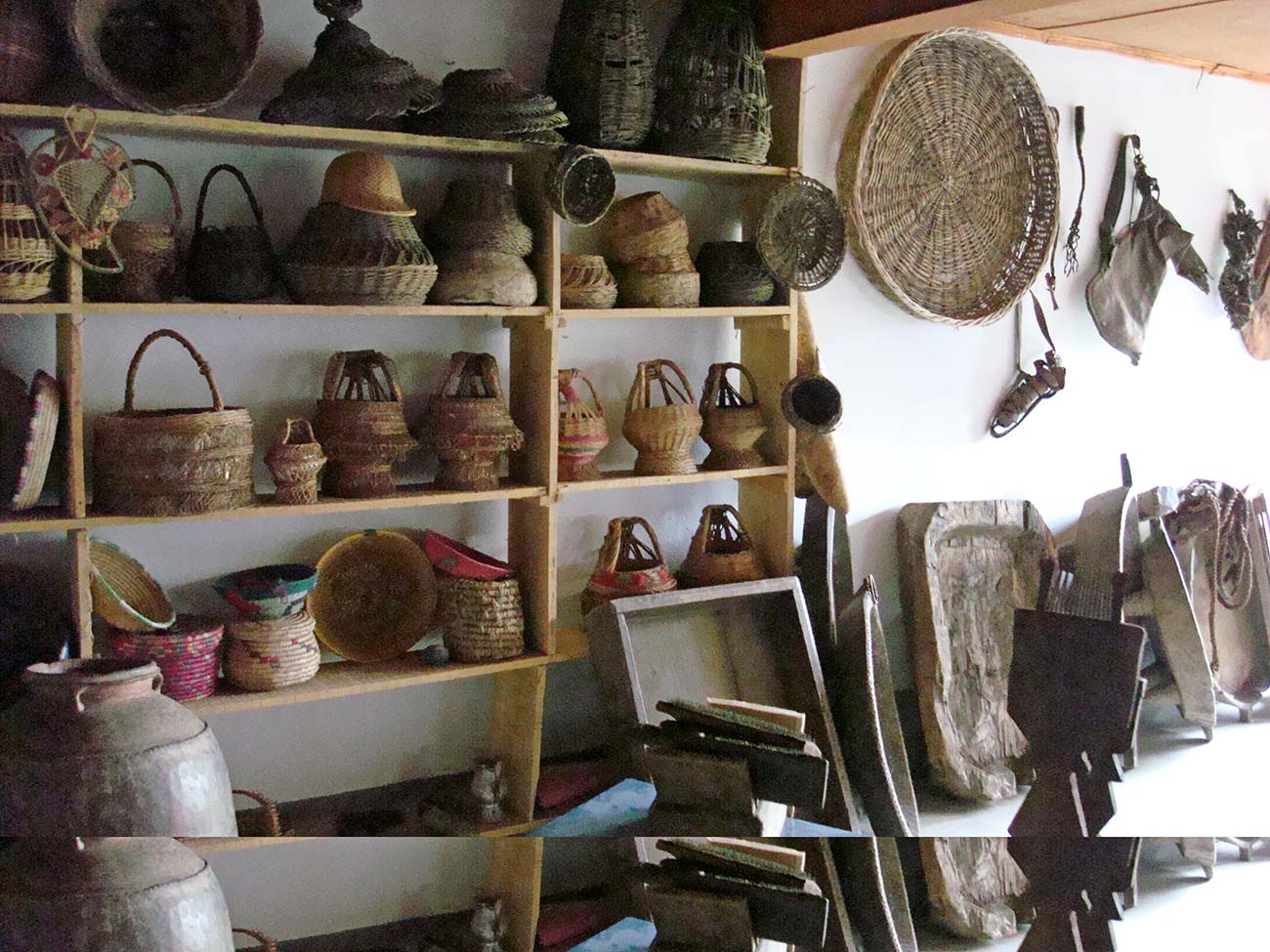Finally Kashmiri Wazwaan has a competitor: Biryani. The on-the-go meal is the new taste bud tickler for youngsters as traditional cuisine takes a biting. Zafar Aafaq reports the change
 A few days back Khalid Lone, an engineering student in the Indian city of Ambala, who hails from Kupwara, had a get-together with his friends in Srinagar.
A few days back Khalid Lone, an engineering student in the Indian city of Ambala, who hails from Kupwara, had a get-together with his friends in Srinagar.
They met at The Mughal Darbar Restaurant – one of the oldest eatery in Srinagar that was once famous for serving Wazwaan: traditional Kashmiri cuisine – and straightaway ordered Biryani for lunch.
Over the last few years, “foreign dishes” – as people would love to call them – has made inroads into Kashmir’s otherwise limited palate. And Biryani – a dish made of rice and meat – has become the most liked “foreign dish” among young Kashmiris.
“Earlier it was Kashmiri Waazwaan,” says Lateef Ahmad, who works as manager at Standard Restaurant located in busy Lal Chowk, “But the trend has changed.”
Ahmad recalls how office goers, contractors, officials, people visiting Srinagar for business, and also young couples used to visit Standard Restaurant to relish Wazwaan. Ahmad, who is working at the restaurant since last 20 years, has witnessed the change in Kashmir’s appetite for Wazwaan quite closely. “This generation loves to experiment when it comes to food. They are no more Wazwaan crazy,” feels Ahmad.
For Ghulam Nabi, a waiter at Ahdoos Hotel and Restaurant since 1970, the food culture in Srinagar has changed considerably since last few decades. “During those days there were only two restaurants and two bars at Residency roads,” recalls Nabi. “There used to be just a few dishes on the menu. And most of them were Kashmiri dishes.”
Nabi feels that unlike Waazwan – a multi-course cuisine made up of at least seven meat dishes – Biryani and other foreign dishes need less time to prepare and are cheaper. “Wazwaan is complicated. It is not on-the-go meal that you can carry along and enjoy with your friends in a garden or on a vacation,” feels Nabi.
There is a long line of customers, mostly youngsters and office goers, outside Mummy Please Restaurant – one of the first to serve Biryani in Kashmir – waiting for their turn to be served. “Almost eighty percent of our customers order Biryani without even looking at the menu,” says the manager of the restaurant.
“The culinary tastes of people keep changing with time. Such changes are normal,” feels Riyaz Ahmad Lone who teaches food production at the Institute of Hotel Management, Srinagar.
The success of restaurants serving Biryani also depends on their location. “If a restaurant is located in busy business area with lots of offices around then it will have huge footfall,” says Lone.
At busy Karan Nagar market, which over the years has evolved as an alternative business hub to Lal Chowk, Mughal Darbar Restaurant serves take-away Biryani packets throughout the day. “We know that people visiting us are all short of time, thus we serve them in no time,” says one of the workers at the restaurant.
A complete seven dish Wazwaan meal can cost a customer around Rs 1500, compared to a plate of Biryani which costs just Rs 100. “Biryani is popular with students as it is cheap and fits in the budget,” says Adil Lone, manager of Eat Out Restaurant.
After the success of Biryani outlets in uptown Srinagar, a number of small shops serving the dish have come up in otherwise traditional downtown areas. In congested Maharaja Bazaar, Bhalla Grand Grills – a small eatery serving Biryani, Burgers and Chicken Rolls, is the new address for young folks looking for a change from the routine.
“Mass media played a great role in popularizing the Biryani culture in Kashmir,” feels Sheikh Inayat, a student of Media and Society. “The dishes shown in Pakistani serials, which are popular in Kashmir, helped a great deal in changing the food culture of natives.”
Inspired by such shows, Arsheed Khan’s sister – a resident of Pulwama town – prepared Biryani for the family instead of usual Wazwaan on last Eid-ul-Fitr. “Everybody loved the change. It was an instant hit,” says Khan.
Cashing on the popularity of Biryani in Kashmir, a number of roadside kiosks, mostly run by non-locals, have come up across Srinagar. “You don’t need large space or too many utensils to serve Biryani. One can manage his business by serving it in disposable plastic plates,” says Lone who teaches food production at the Institute of Hotel Management, Srinagar.
But there are a few who still visit restaurants in Srinagar to relish a dish or two from the traditional Wazwaan. “Apart from a few regulars, it is Biryani that everybody wants nowadays,” says the head chef of Kareem’s Restaurant – who server Kashmir Wazwaan exclusively. “Everyday a number of customers turn up at our restaurant asking for Biryani. They go out disappointed.”















